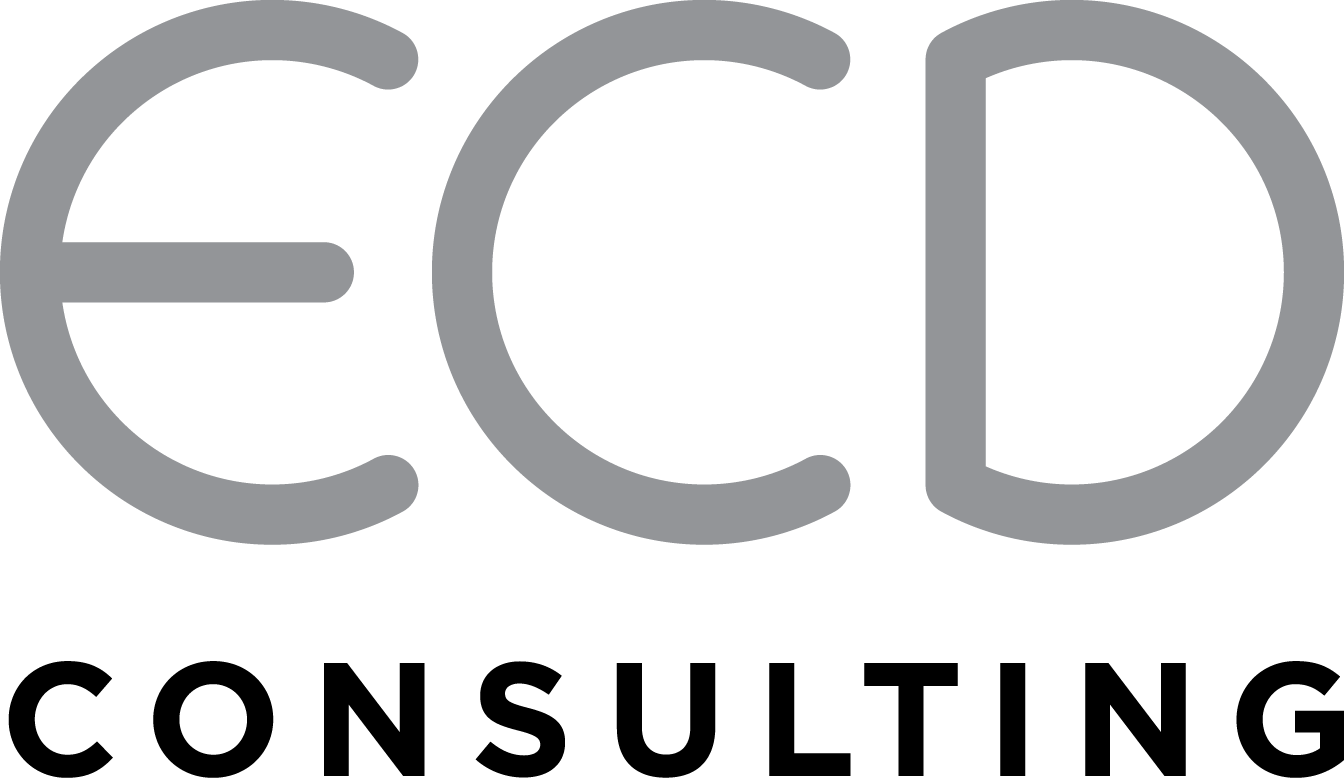Doing well by doing good” was a phrase I first learned in business school over ten years ago as the rhetoric around corporate sustainability was ramping up. It made me and my peers snicker as the concept of corporate social responsibility was being sold to us as a viable revenue-generating strategy. CHA-CHING.
Fast forward about 12 years to August of this year when Business Roundtable consisting of 200 America’s top CEOs – think Bezos, Cook, Barra, Dimon, etc. – got together to re-define the role of a corporation in society, placing shareholder interests at the same level as those of customers, employees, suppliers and communities. This represents a departure from the Roundtable’s stance for decades who assumed a Miltonian outlook, that is, the primary purpose of a corporation is to provide returns for its shareholders.
The most cynical amongst us may posit that powerful CEOs would not stake this claim if social responsibility was not a profitable exercise. Or that this is a convenient stance for gaining favour with a possible administration change who does not look as kindly to Big Business as the current administration does.
Good Deed = $.
A less skeptical on-looker may see this as an important step in the journey to real social change or perhaps a way to drive policy change in an environment where politicians are hamstrung to do so. Good Deed = Good Deed.
Afterall, Doug McMillon, CEO of Walmart and Chairman of Business Roundtable provided an exquisite example of placing societal needs ahead of shareholder interests when he decided that Walmart will no longer sell the kind of ammunition that’s often used in weapons associated with mass shootings. With this move, Walmart will go from selling 20% of America’s ammunition to somewhere between 6-9%. Even the most skeptical amongst us will have to see this as a huge step in the gun control debate, and uncharacteristic for corporate America in the pre-Roundtable announcement.
At around the same time of this Roundtable announcement, I joined a board of a non-for-profit primary school. Being in a governance role for a non-for-profit entity in a new experience for me. Up to this point in my career, I have worked in an advisory capacity solely in the for-profit healthcare sector where there is a direct relationship between putting patient needs first and driving revenue.
In my first few board meetings, I was constantly battling my inner knee-jerk reaction to respond to key decisions and challenges with the solution that made the most sense financially for the school, i.e., the answer that minimized downside risk to the bottom line – not always that answer that furthered the ethos of the school. While I am lightyears away from the likes of Bezos and Dimon, I tried to reflect on some parallels between my personal situation in a new experience to that of Apple, Amazon, GM and others who now—supposedly—will be operating in environments where shareholder interests no longer dwarf those of broader stakeholder interests.
Surely a profit-first mentality will be a massive hang-over for years to come in how these businesses make decisions and identify risks and the introduction of other stakeholder interests will only muddy the decision-making waters? Surely directors’ sentiments will be fractious as they navigate priorities and rewire risk matrices? Surely middle management all the way up the chain will be distracted and disjointed about where to focus and how to execute?
I am hopeful that more businesses will follow McMillon’s example and make courageous decisions but I am also wary of the impact it is going to have on strategic focus, decision making and corporate cohesion. In just the first few months of my directorship, I have seen some of the most impressive displays of creative problem solving, staff flexibility and team solidarity in the face of unforeseen challenges then I have seen in over a decade of corporate consulting. Perhaps I am just lucky to be working amongst a group of exceptional school administrators and teachers or perhaps these are the types of responses we can expect to see from corporate America as a new definition of the role of corporations takes hold.


